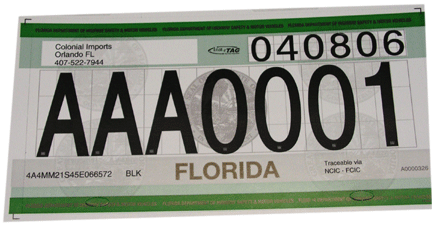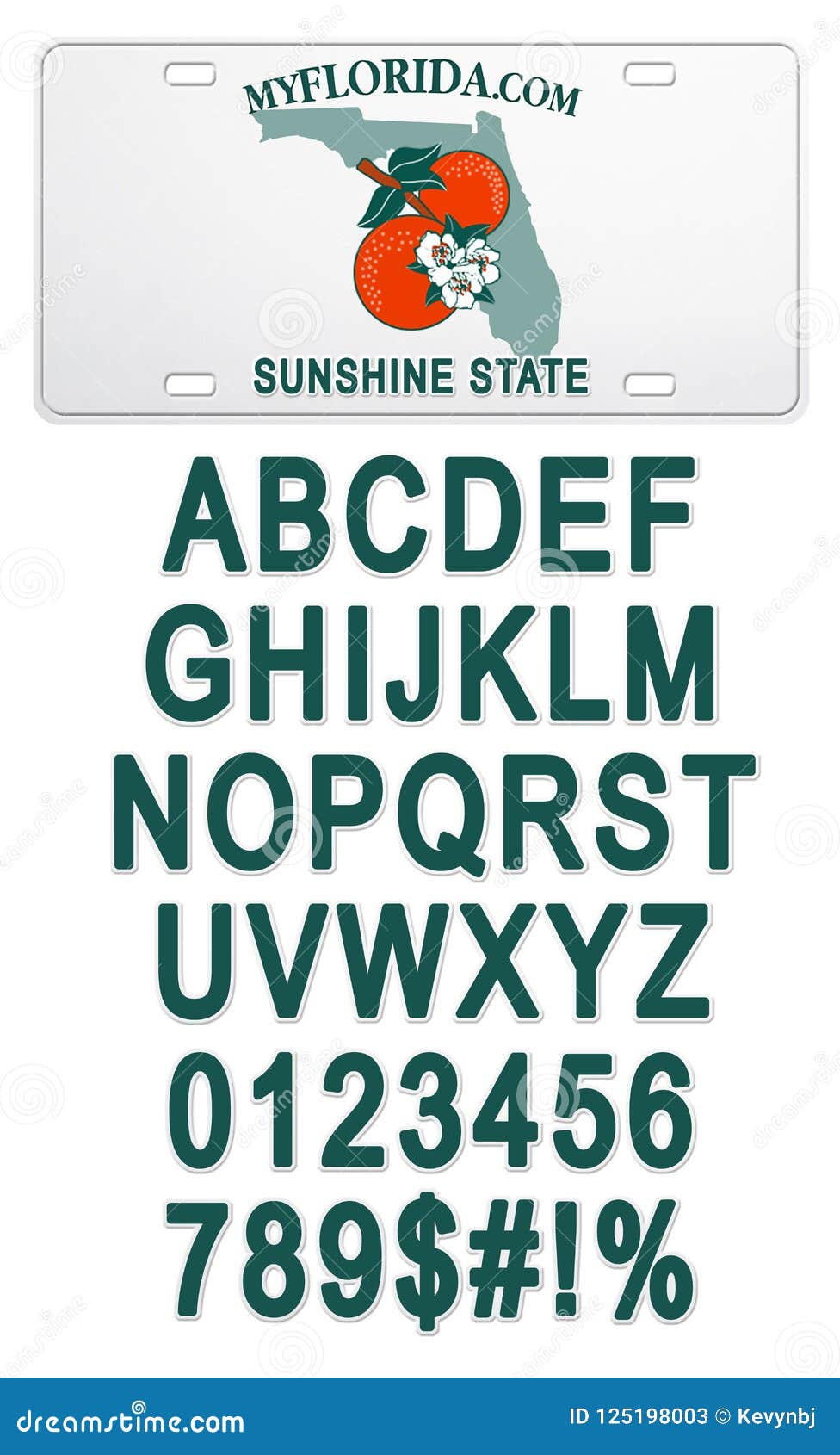

It is the responsibility of each registered owner to ensure that the vehicle's registration is kept current. The vehicle owner is required to provide the license plate number along with the address change report. In order to maintain accurate records, and to help ensure that each registered owner receives a renewal notice, all changes of address must be reported to the Tax Collector's Office within 20 days. Renewal notices are mailed by the Tax Collector as a courtesy only, late penalties and other fees will not be waived because of non receipt of a renewal notice. In order to save time and money we encourage owners to renew by mail. Reminder notices are mailed out approximately 30 days before your expiration date as a courtesy. Commercial trucks require additional insurance. Motorcycles, mobile homes and trailers are exempt from the insurance requirement. Insurance must be presented to the Tax Collector to include documentation of Personal Injury Protection (PIP) in the amount of at least $10,000 and Protection Damage Liability (PDL) insurance in the amount of $10,000. Proof of current insurance (binder, policy or card) from a certified Florida agent or broker is required to purchase and renew a license plate in Florida. High Occupancy Vehicles (HOV) are vehicles used to transport nine or more passengers. Truck-tractors, semi-trailers, and trucks weighing over 5000 pounds expire on December 31. Long term leased vehicles expire on the registered owner's birthday.

Company owned vehicles and short term leased vehicles expire June 30th. The registration expires at midnight on the owner's birthday. Vehicles are registered according to the registered owner's birth month. Travel trailers and mobile homes are licensed according to length. The owner will receive a new plate (with new numbers and letters) during the tenth year.Īll vehicles are registered according to weight. The plate is issued to the owner for ten years. License plates are to be displayed on the rear of the vehicle with the exception of certain commercial vehicles. A sticker denoting the owner's birth month and the year of expiration is placed in the upper right hand corner of the plate. The Tax Collector works very closely with this state agency to ensure all transactions are conducted according to state statutes.įlorida uses a metal license plate with alpha numeric letters and numbers for identification. It is the responsibility of the Tax Collector, in his/her capacity as agent for the Department of Highway Safety and Motor Vehicles, to provide the necessary services and operations to accomplish this job. There are now 99 specialty license plates in 2021.Īll motor vehicles and trailers in the State of Florida must be registered and/or titled. The 1,382,959 specialty plates represent 8.2% of the 16,844,969 Florida registered vehicles. However, according to the latest statistics released by the Florida Department of Highway Safety and Motor Vehicles, 1,382,959 specialty license plates were sold in CY 2020, this is 8.1% (121,997) lower than the total specialty license plates that were sold in CY 2019 (1,504,956). As of November 1, 2020, there were 1,675,303 registered specialty plates, finally passing the 1,623,486 from October 2009, when the state dramatically increased the cost of purchasing a specialty license plate. In 2019, $34,898,951.00 was raised for the organizations represented by the 120 specialty plates, with 6 specialty plates each raising more than $1 million, 2 of which raised more than $2 million (University of Florida and Endless Summer) and the state collected an additional $20 million in state fees, administration fees and 'taxes' that are charged to those supporters of the specialty license plate program. Many are unique to Florida and famous artists and icons provide unique opportunities for Florida vehicle owners to accessorize their prize possessions, for less than the price of a decent car detail. Florida Specialty license plates support a wealth of causes. Since then, Florida's specialty license plate program has raised over $750 million for worthy causes and over 1.5 million Florida vehicles participated in the program in 2019. In Florida, it started when the state legislature created the Challenger specialty license plate, which 'launched' in January, 1987. The first mainstream specialty license plate was created for America’s bicentennial celebration in 1976, but their rise in popularity and numbers has spiked in the last 15 years.


 0 kommentar(er)
0 kommentar(er)
